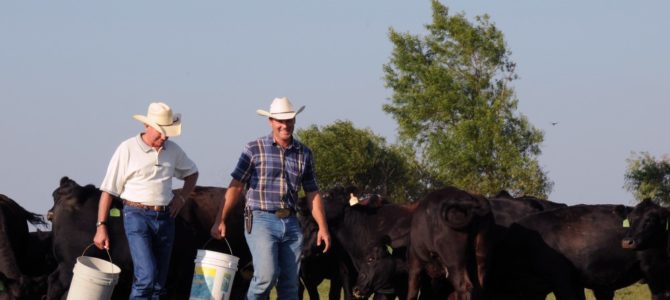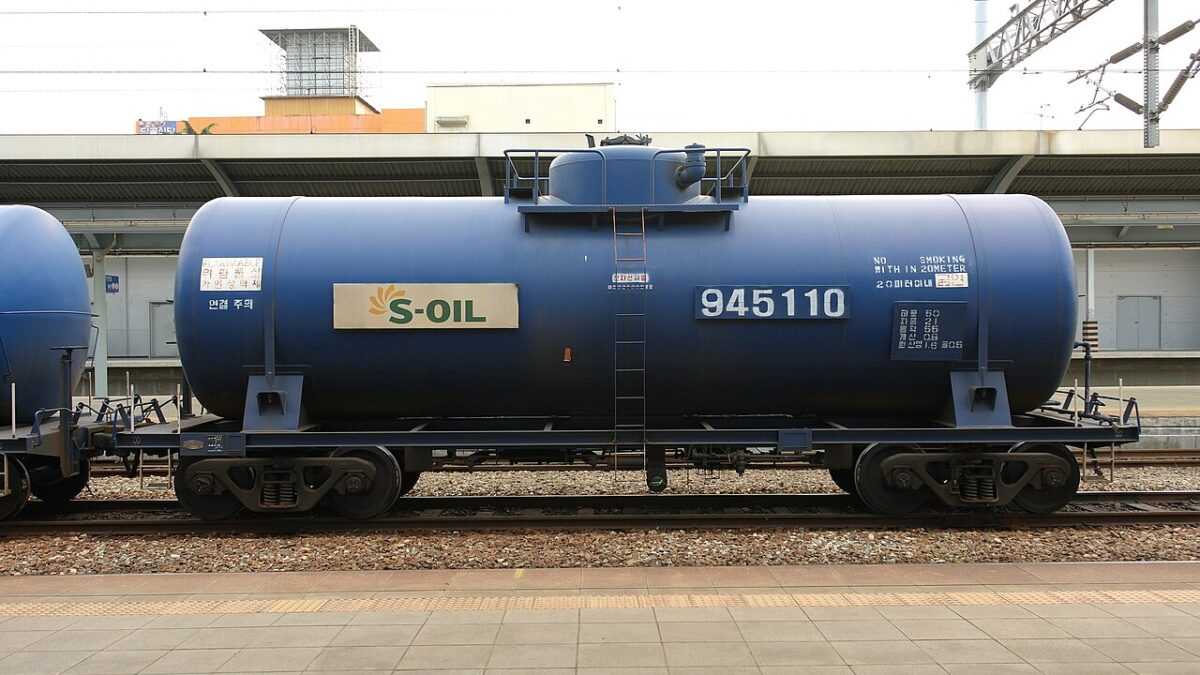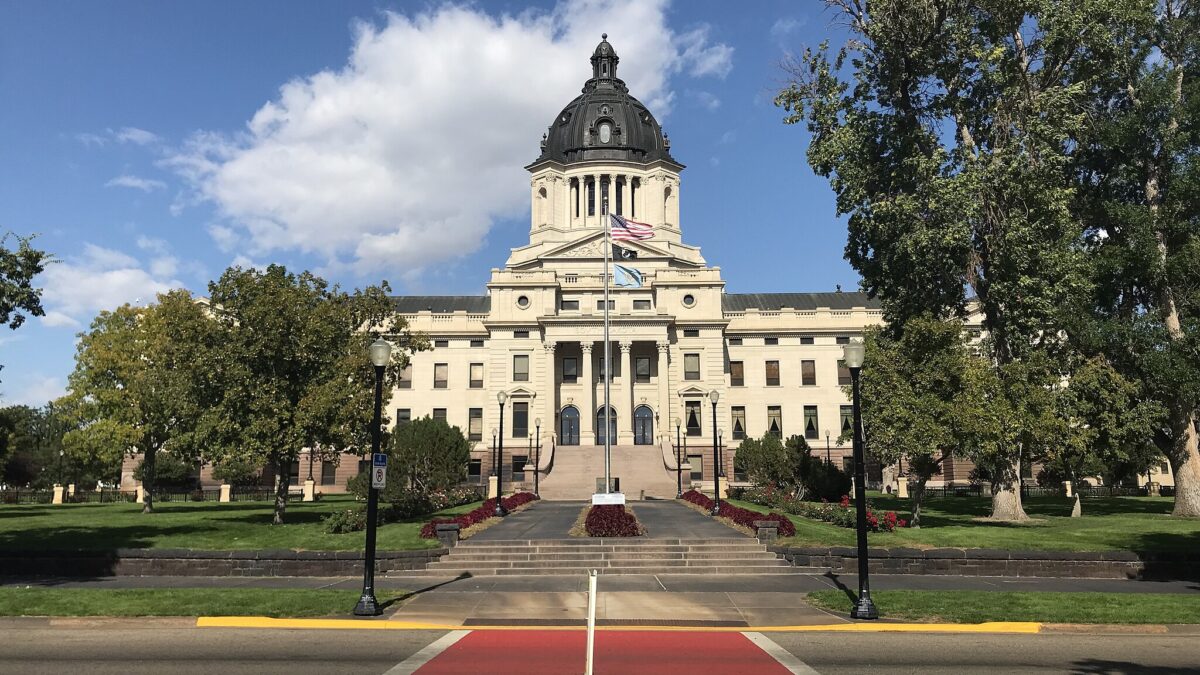Industry interest groups have spent more than $400 million lobbying lawmakers on the 2024 farm bill, according to a recent report from the Union for Concerned Scientists. It should be no surprise, then, that the legislation unveiled by House Republicans last week is taking flak from taxpayer watchdogs across the political spectrum as a corporate-sponsored boondoggle.
On Tuesday, policy experts from the Heritage Foundation, National Taxpayers Union, Taxpayers for Common Sense, and the Environmental Working Group held a joint press conference to trash the $1.5 trillion bill as a government giveaway to favored special interests. For all the fanfare made of Boeing and Northrop Grumman cashing in on overseas conflicts to inflate their domestic influence, agribusiness has already spent nearly 20 percent more than the defense industry this year to capture favors from Washington power brokers.
Josh Sewell, the director of Research and Policy at Taxpayers for Common Sense, blasted the GOP farm bill for including tens of billions of dollars in new subsidies for agricultural special interests.
“Drastically increasing government-enforced minimum crop prices to a level that guarantees payments for many of these crops is an exercise to grab more cash, regardless of need,” Sewell said. “More subsidies are not needed, especially as 70 percent of farmers don’t even grow a commodity eligible.”
An analysis from the Environmental Working Group (EWG) earlier this month found around 10,000 repeat recipients of farm subsidies or disaster relief payments collecting more than $11 billion over 39 years. Farmers remain eligible to collect taxpayer subsidies every year regardless of prior payment.
“Some subsidy recipients who received payments for 39 consecutive years neither work nor live on a farm, EWG found. In fact, 48 of the 10,250 repeat recipients live in the nation’s 50 largest cities, despite a requirement that farm subsidy recipients be ‘actively engaged in farming,'” the group reported.
EWG Senior Vice President Scott Faber said the House Republican farm bill would set commodity price floors so high that growers would be guaranteed additional taxpayer handouts for cotton, peanuts, and rice every year. Farmers are eligible to collect payments from the federal crop insurance program when crop yields or revenues fall below guaranteed levels.
“That would be as if the owners of a casino were engineering the slot machines to pay off every time the mob pulled the handle,” Faber said. “A farm safety net that pays off every year is not a safety net. It’s a trampoline.”
A summary of the legislation presented by House Republican Agriculture Chairman Glenn “GT” Thompson points to inflation as a reason to lift commodity price floors and therefore subsidies. But Bryan Riley of the National Taxpayers Union said Tuesday the chairman’s bill pursues the wrong remedy while farm equity and assets approach record highs despite the current economic environment, according to this year’s forecast by the Department of Agriculture.
“If input prices are a concern, the farm bill should address that through measures that would moderate those input prices,” Riley said. The farm bill as proposed, however, says nothing about rolling back tariffs on steel, fertilizer, aluminum, or lumber. “There’s more spending for export assistance programs but nothing to encourage more market opening trade agreements.”
“So, if input prices are a concern, Congress should address those head on by reducing costs for everybody” Riley added, “Not by increasing subsidies that will cost taxpayers billions of dollars in direct funds to politically favored sectors of the farm economy.”
David Ditch, a senior policy analyst at the Heritage Foundation called the bill, “one of the most common governmental responses to inflation and also the worst governmental response to inflation.”
“The ones who are going to be taking the biggest hit are going to be taxpayers,” Ditch said, given the downstream consequences of passing off higher prices to the consumers.
Ditch warned the spending increases will also set a new expectation for the next time the farm bill comes up in another five years.
“So even though the cost is going to be in the tens of billions of dollars over the course of this farm bill, in reality it could easily go into the hundreds of billions of dollars in decades to come,” Ditch said.









